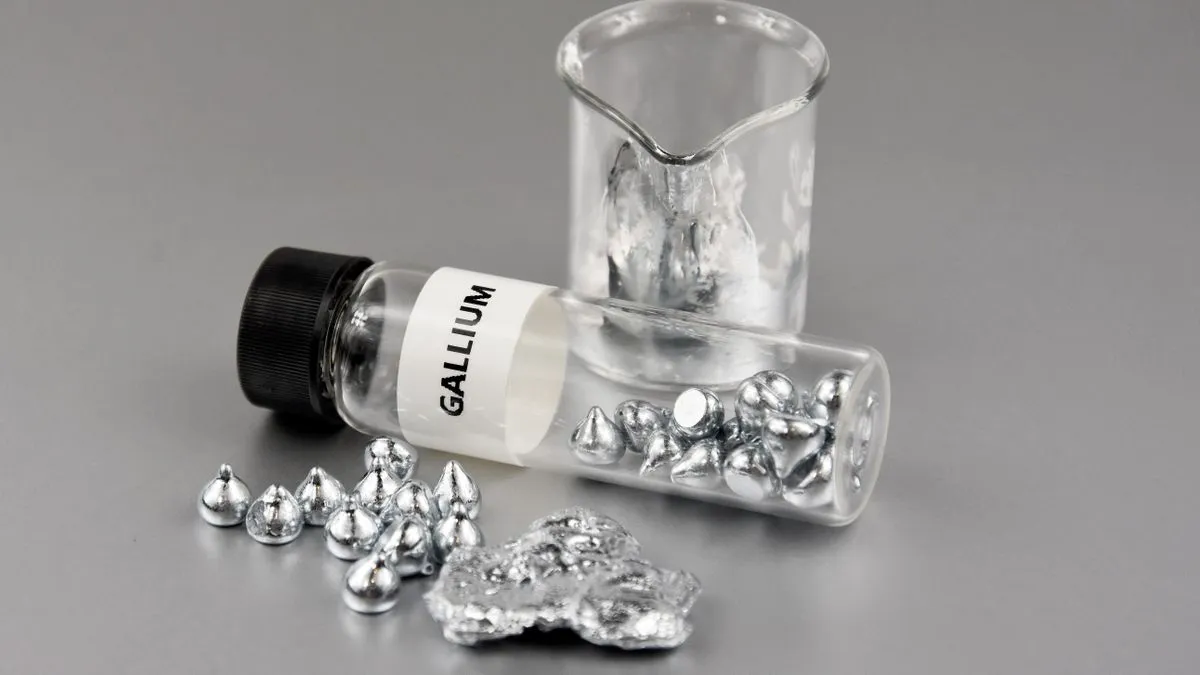Prices rose to $595 per kilogram, a 17% increase over the previous level on December 11
I’d imagine this will lead to more gallium mining outside of China ramping up, but I’m not sure.
You’d think, but its easier to just charge an extra 20% and then blame China while pocketing the extra 3%.
We wont start mining for rare earth metals until they simply refuse to sell to us.
Cheap labour followed by infrastructure if not (kinda corrupt system) government is also a thing.
That would require mining operations to be cheaper than the higher chinese export prices. I do not know if that is possible with labour costs, environmental requirements, permits and other obligations.
It would take years for new mining to begin to come on line. No one takes that risk based on the short term of a single presidential term.
Might not need to even have much new mining.
Gallium is primarily extracted from bauxite, which is already mined worldwide for aluminum processing. So with gallium being a very small byproduct of aluminum processing from mined bauxite, the bottleneck probably isn’t in the mines, because mining and processing bauxite is already something many countries do. It’s just not always economically profitable to further process the gallium at the same time, but if the need is there, that can be ramped up at existing aluminum plants.
It’s not an overnight process but with many elements, the limiting factor isn’t actual rarity, but the high energy/equipment needs of the process to extract and purify the element, and the high amounts of waste produced.
Good thing they found some in Montana. Not that it’ll be online for a while.
I think the market is going to struggle with this for a while yet, in the mist of this brewing trade war.
I haven’t seen any reporting on just how much gallium, germanium, and antimony is used in electronics. I can see that it’s basically present in all electronics, and the price per kilogram has gone up a lot under the restrictions, and that China accounts for 94% of the world’s production.
Ok, so is this like gold, then, where very small quantities are used in most electronics so that it matters, but doesn’t actually account for a significant percentage of the cost of the finished product?
How much gallium is used to manufacture a typical cell phone, a laptop, a car? How much does that $90/kg price hike translate to actual devices? Because if 1 gram of gallium goes into a particular device, that’s an increase of 9 cents in raw materials, basically a rounding error.




